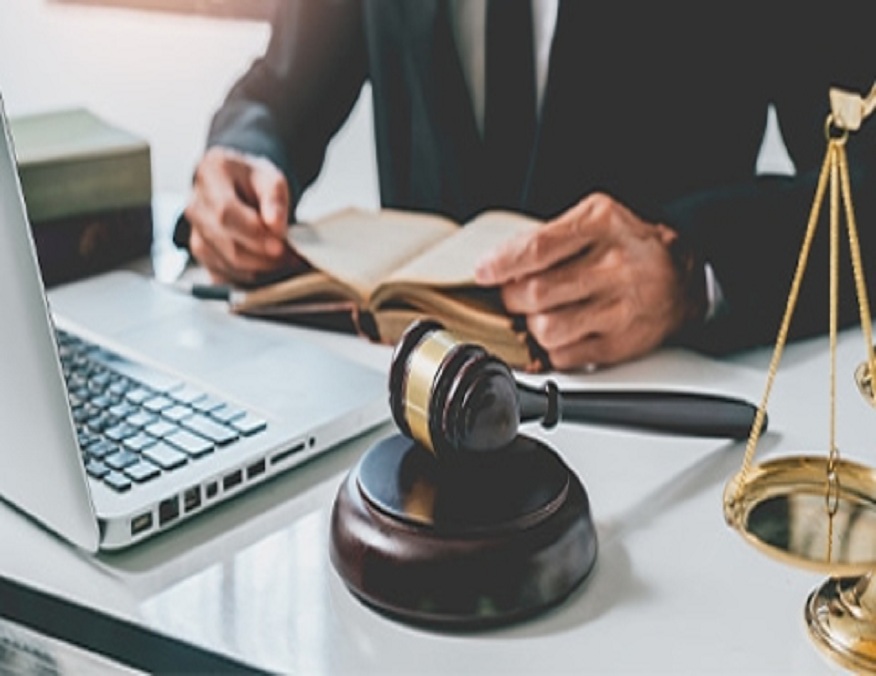Guillain-Barré Syndrome (GBS) is a rare but serious autoimmune disorder that can occur after receiving a vaccine. While the risk of developing GBS after vaccination is extremely low, it is still important to be aware of the symptoms and take steps to manage the condition. In this blog post, we will discuss some tips for managing GBS after vaccine, and provide you with information that can help you have a successful recovery.
Understanding GBS After Vaccination
GBS is an autoimmune disorder that occurs when the body’s immune system mistakenly attacks the nerves, resulting in weakness and sometimes paralysis. The exact cause of GBS is unknown, but it can be triggered by infections or certain vaccines.
The risk of developing GBS after vaccination is low, with most studies showing a rate of around one to two cases per million doses of vaccine. However, if you do develop GBS after vaccination, it’s important to seek medical attention right away.
Symptoms of GBS can include tingling or numbness in the feet and hands, muscle weakness, difficulty speaking or swallowing, and difficulty moving the eyes or facial muscles. In severe cases, GBS can lead to paralysis and even death, although most people do recover fully with proper treatment.
Managing GBS After Vaccination
If you’ve been diagnosed with GBS after vaccination, there are several steps you can take to manage your symptoms and promote a successful recovery.
- Seek Medical Attention
The first and most important step in managing GBS after vaccination is to seek medical attention right away. Your doctor can perform tests to confirm the diagnosis and monitor your condition closely to ensure that you receive appropriate treatment.
Treatment for GBS typically involves intravenous immunoglobulin (IVIG) or plasma exchange (also known as plasmapheresis), which are both designed to reduce inflammation and support the immune system. Your doctor may also prescribe medications to manage pain, prevent blood clots, and reduce the risk of complications.
- Rest and Relaxation
Rest and relaxation are essential for managing GBS after vaccination. Your body needs time to recover, and pushing yourself too hard can worsen your symptoms and slow down your recovery.
Be sure to get plenty of sleep and take breaks throughout the day to rest and recharge. Avoid activities that require excessive physical or mental exertion, and give yourself permission to take things slow until you feel better.
- Maintain a Healthy Diet
Eating a healthy, balanced diet can help support your immune system and promote healing. Aim to eat a variety of fruits, vegetables, whole grains, lean proteins, and healthy fats, and stay hydrated by drinking plenty of water throughout the day.
Your doctor may also recommend supplements or vitamins to support your recovery, such as vitamin B12 or magnesium.
- Stay Active
While rest is important, it’s also important to stay active and engaged in activities that you enjoy. Physical therapy can be a helpful tool for managing GBS after vaccine, as it can help strengthen weakened muscles and improve mobility.
Your doctor may also recommend low-impact exercises such as walking, swimming, or yoga to help maintain your strength and flexibility. Just be sure to consult with your doctor before starting any new exercise program.
- Seek Emotional Support
Managing GBS after vaccination can be emotionally challenging, and it’s important to seek support from family, friends, and healthcare professionals. Joining a support group can also be helpful, as it can provide a safe space to share your experiences and connect with others who are going through similar challenges.
Coping with the Aftermath of GBS
Recovering from GBS after vaccination can be a long and challenging process, but with the right support and resources, it’s possible to achieve a successful recovery.
One important step in the recovery process is to stay informed about your condition and treatment options. Talk to your healthcare provider about any questions or concerns you may have, and ask for referrals to specialists or resources that may be helpful.
It’s also important to be patient with yourself and give yourself time to heal. Recovery from GBS can take weeks or even months, and it’s normal to experience setbacks or moments of frustration along the way.
In some cases, GBS can result in long-term nerve damage or other complications. If you experience ongoing symptoms or complications after recovering from GBS, be sure to stay in close contact with your healthcare provider and seek ongoing medical care as needed.
Conclusion
If you have recently been diagnosed with GBS after vaccination, it is essential to stay positive and take the necessary steps to manage your symptoms. By following the tips outlined in this blog post, you can help your body recover and return to your daily routine as soon as possible. Remember, it is crucial to seek medical attention immediately if you experience any symptoms of GBS after vaccination. With the right care and support, you can successfully recover from GBS and return to a healthy, active lifestyle.We hope that this article has been helpful to you. If you have any questions or concerns about GBS after vaccination, please do not hesitate to consult a Vaccine Lawyer.



